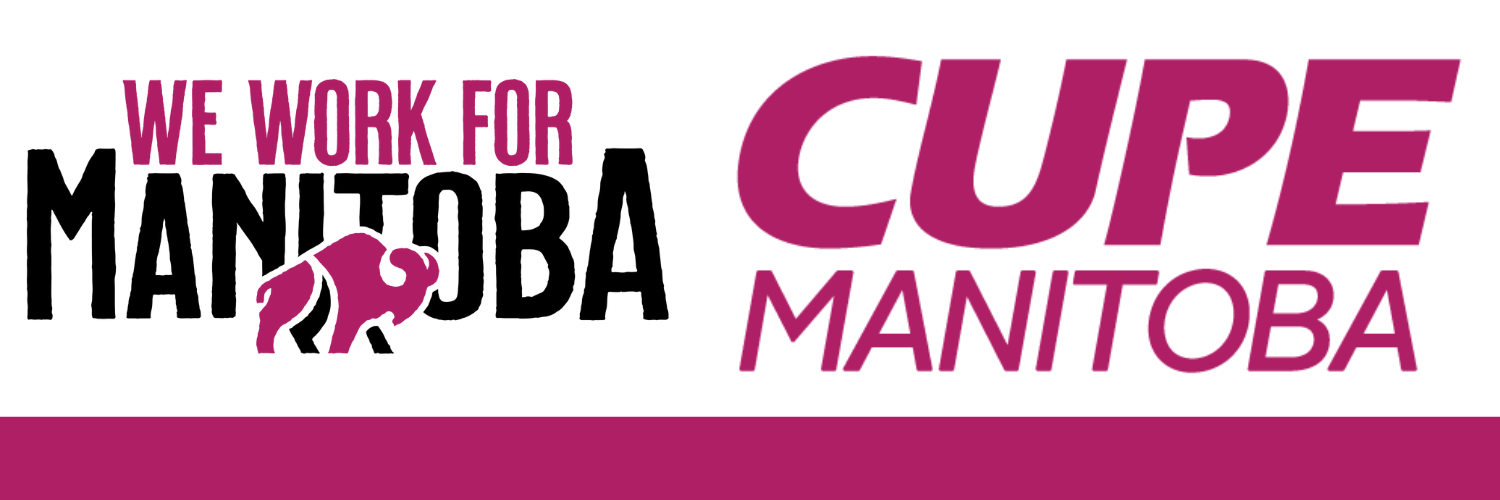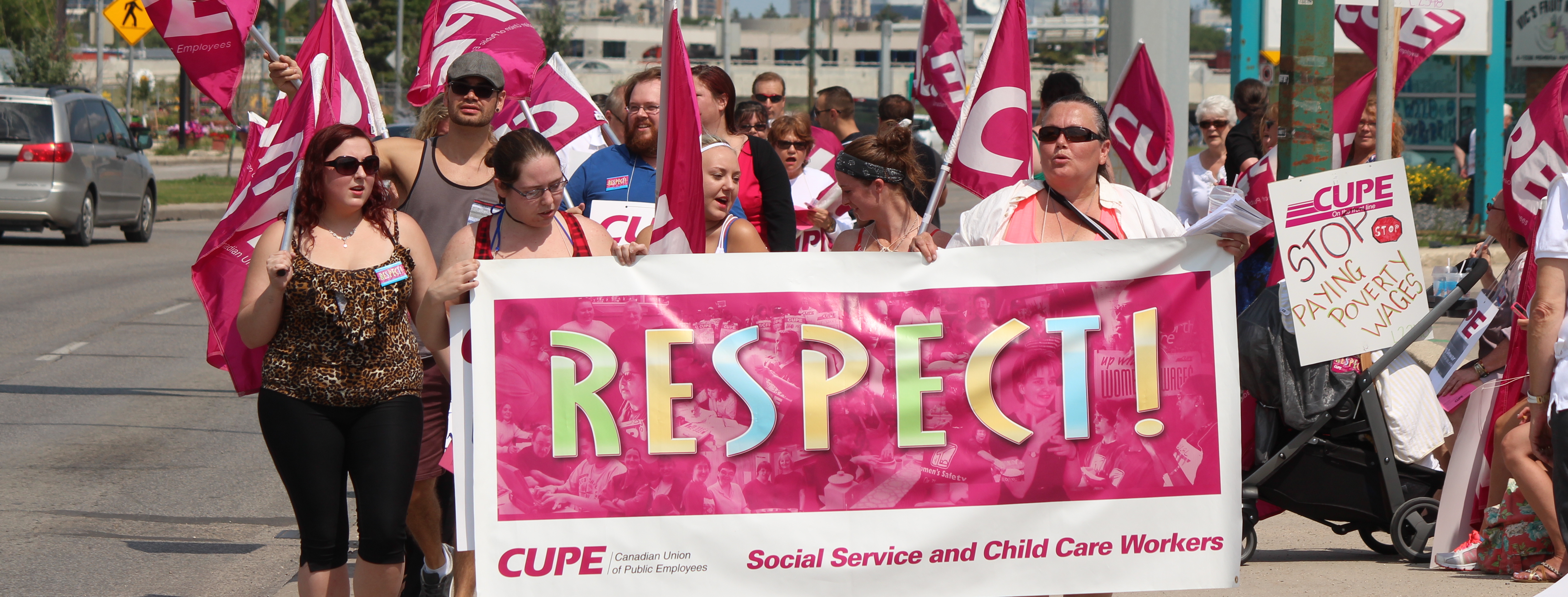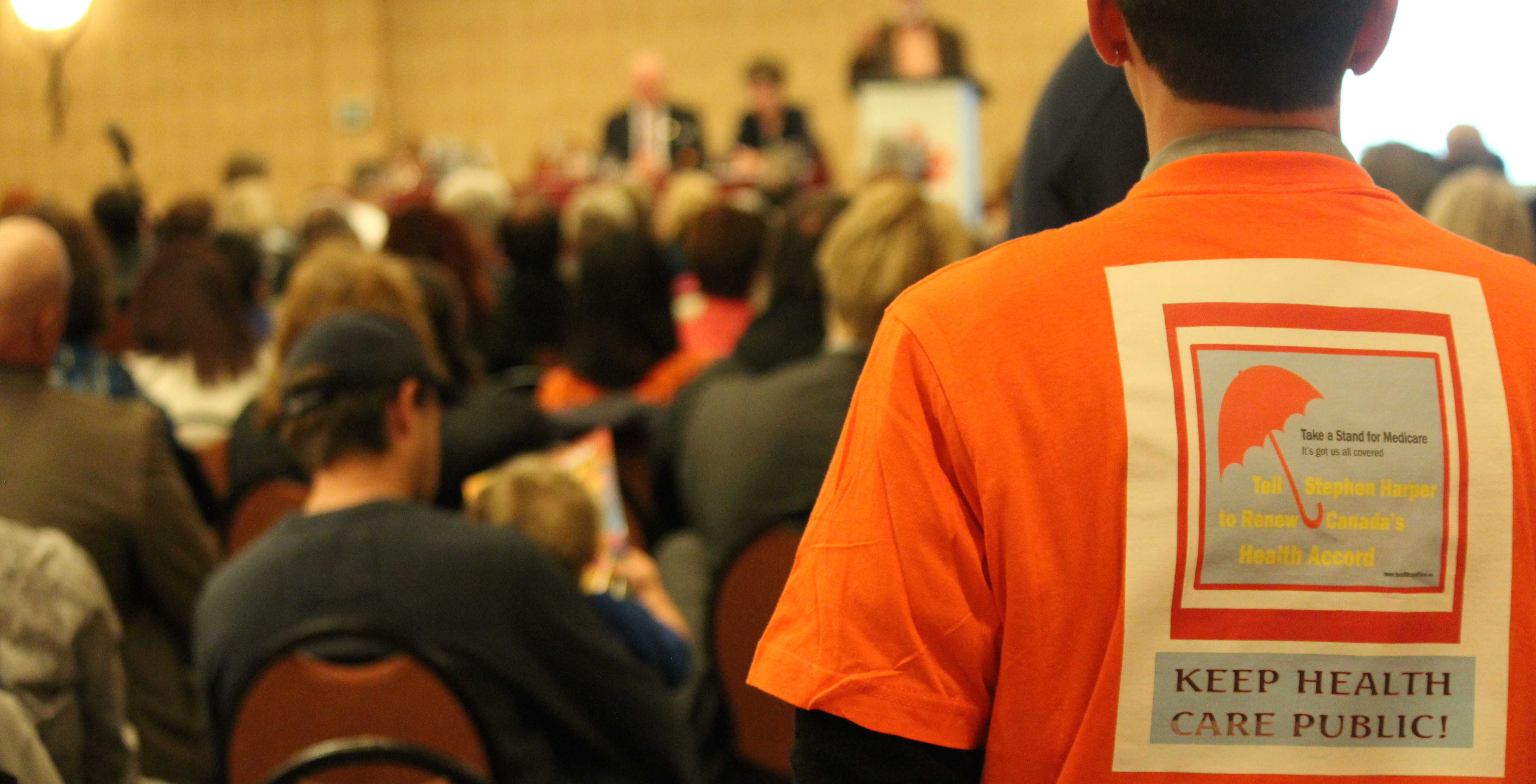Winnipeg – Progressive Conservative leader Brian Pallister’s June 9th plan to explore Social Impact Bonds as a model to fund social service agencies is cause for deep concern.
“Pallister wants to remove government’s social contract with its citizens and replace it with a private contract,” says Kelly Moist President of CUPE Manitoba. “At its core, Pallister’s plan would allow private companies to profit from poverty using the public purse.”
Social Impact Bonds (SIBs) are financing schemes where taxpayer dollars are directed to investor profits instead of public social programs.
Sometimes called “pay for success”, SIBs are the latest financing gimmick where lenders, such as banks (including Goldman Sachs), provide upfront capital to fund projects. This money is paid back by the government at a high rate of interest resulting in inflated costs to the taxpayer and lower quality services. SIBs are more accurately called “social impact borrowing” or “social impact loans.”
“There was a time when the private sector would simply make philanthropic donations as part of their corporate responsibility to the community” says Moist. “Pallister’s model will take that philanthropy and turn it into private profit.”
In 2013 the Alberta College of Social Workers expressed opposition to the Alberta Progressive Conservatives’ support for SIBs in stating that “these Bonds will lead to the commodification of social services where profits come before people”
While Pallister claims that social impact bonds would foster “private-sector innovation,” these companies will seek to invest in only the non-government agencies that would see profitable outcomes, rather than programs that seek to address long-term root causes of many of societies deep and complex issues, including poverty.
CUPE has highlighted concerns in the past about the use of Social Impact Bonds in a submission to the Federal government in 2013, these concerns about SIBs include:
- profiting from social ills;
- using a for-profit business model approach to providing services for those most in need;
- carving off the more suitable areas for investment return to the exclusion of the most vulnerable or most in need;
- risk averse nature of social impact bond financed programs;
- unstable financing of long-term social programs with short-term funding mechanisms with no guarantee of continuation even if the service is being provided;
- misuse and misapplied impact assessments based on poorly defined measures of efficiency;
- displacement of stable and professionally managed publicly funded programs with short-term initiatives.
It is widely acknowledged that it is government’s responsibility to address issues of homelessness, unemployment, and poverty, and using Social Impact Bonds to augment social services is an extremely poor choice of models that forfeits government’s responsibility to its citizens.
“Manitobans look to government to fund social service agencies in an effective and targeted manner that benefits the most vulnerable in our society” says Moist. “The profit motive should never be the driver for social services.”
For more information on SIBs check out CUPE’s submission to HRSDC.










